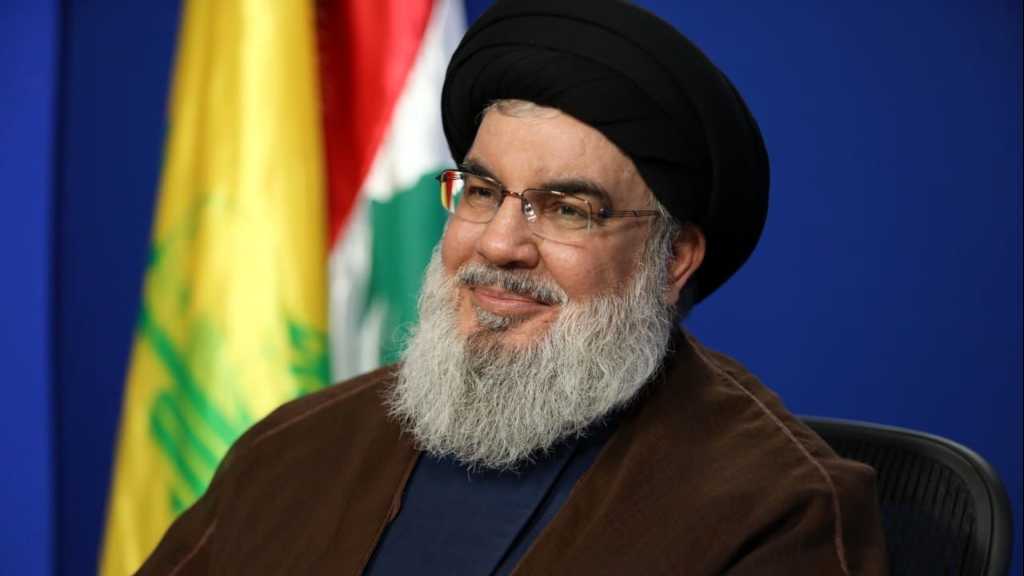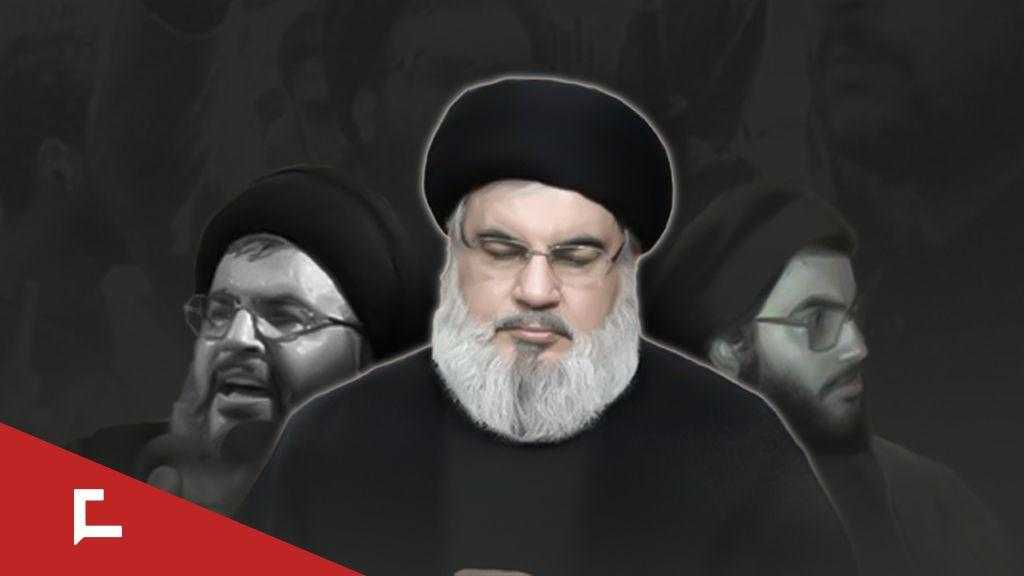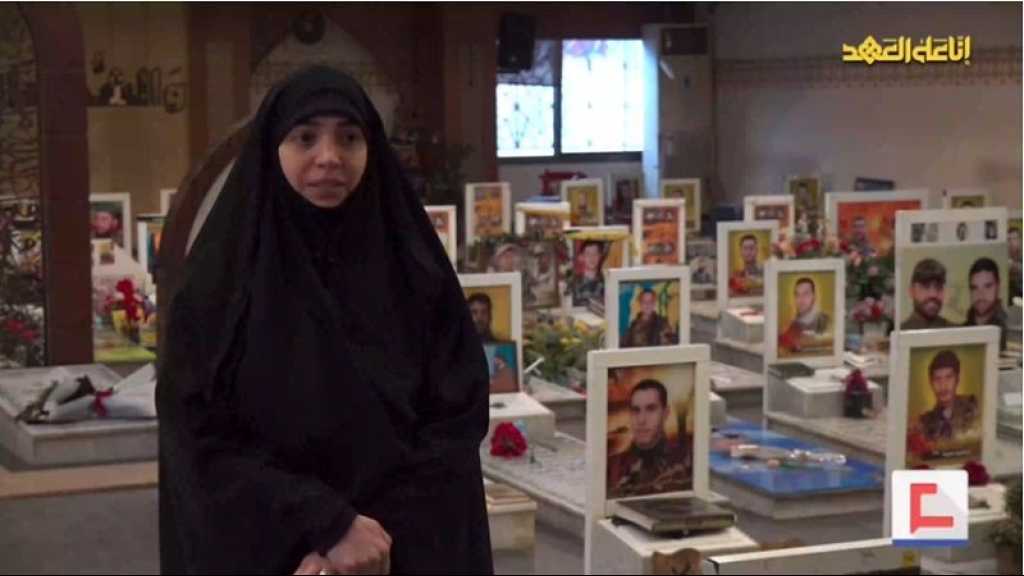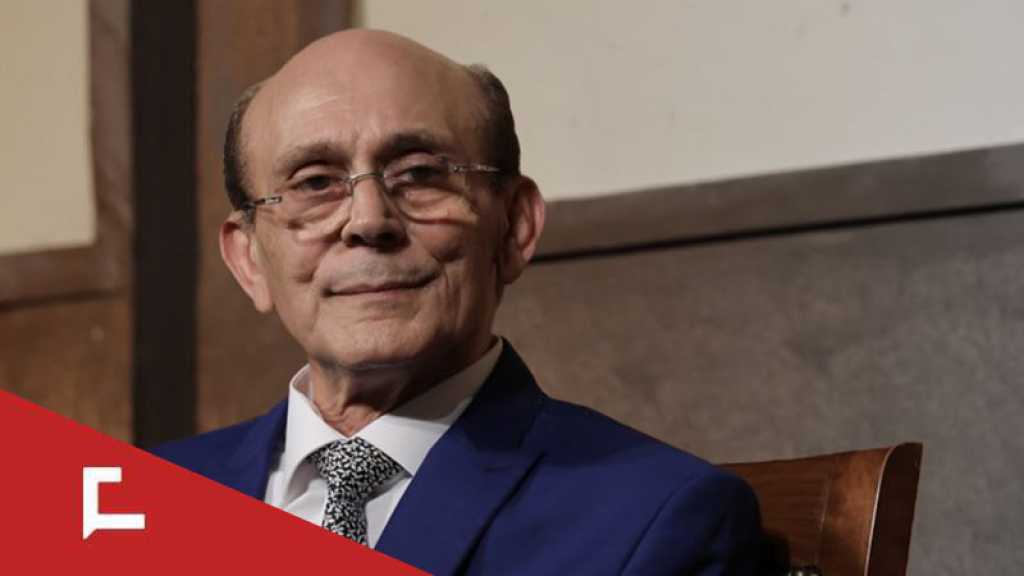The Multifaceted Personality of the Secretary-General of Hezbollah

By Mohamad Hammoud
The Secretary-General of Hezbollah, Sayyad Hassan Nasrallah, was a figure of extraordinary complexity—a leader who intertwined religion, politics, social responsibility, and humanitarianism into a singular and commanding presence. Leadership, for him, was not merely a position of authority but a mission deeply rooted in the tenets of Twelver Shiite doctrine, the revolutionary ideals of Imam Khomeini, and an unshakable commitment to the principles of resistance. Known for his sharp strategic mind and emotional resilience, he possessed an innate ability to connect with people. This combination of traits elevated him beyond the role of a leader, transforming him into a symbol of defiance and purpose in the Arab and Islamic worlds.
Political Belief System
The Secretary-General’s political beliefs were rooted in a fusion of Twelver Shiite religious doctrine and the revolutionary ideology of Imam Khomeini. Central to his leadership was an unwavering dedication to the principle of Wilayat al-Faqih, which served as both a spiritual guide and a political framework. Armed resistance, in his view, was far more than a strategy—it was a sacred right, a moral duty, and a national obligation to defend sovereignty and land.
Sayyad Nasrallah’s vision extended well beyond Lebanon, addressing issues across the Middle East. Resistance to the Zionist occupation was a cornerstone of his ideology, as he forged strong alliances with Iran, Syria, and the broader Resistance Axis, including Palestine, Iraq, and Yemen. This stance was part of a larger rejection of US and Western dominance in the region. On the domestic front, he prioritized economic self-sufficiency by emphasizing the importance of local resource management and advocating for independence from Western reliance.
Promoting dialogue and unity was another key aspect of his leadership. He opposed extremism and sectarianism, striving to foster a national identity grounded in justice and integrity. At the same time, he worked to combat corruption within state institutions, envisioning a Lebanon defined by resilience, self-reliance, and social solidarity.
Behavioral and Emotional Traits
The Secretary-General’s character was a unique blend of humility, empathy, and resilience. In his speeches, he often showed a deeply human and familial side, openly expressing emotions like sadness and anger in ways that genuinely connected with his audience. Yet, even in moments of emotional intensity, he had a remarkable ability to stay calm and composed when it mattered most. This balance between emotional vulnerability and steadfast resilience revealed his adaptability in navigating tough challenges.
What set him apart as a leader was his humility and openness to differing opinions. While he was firm and resolute when dealing with opponents, he adopted a softer, more inclusive tone with his supporters, emphasizing unity and mutual respect. His willingness to reflect on himself and adapt to changing circumstances demonstrated intellectual flexibility and a commitment to personal growth. These traits earned him the trust and loyalty of his followers, solidifying his credibility and leadership.
Communicative Competence
An essential aspect of the Secretary-General’s personality was his exceptional oratory skill and ability to connect with diverse audiences. A charismatic speaker, he masterfully combined emotional language with rational arguments to articulate his political vision. By using colloquial language, he made his speeches relatable, while strategic repetition and emphasis reinforced key ideas. This thoughtful combination of rhetorical techniques ensured that his messages resonated deeply with his audience.
His communicative style went beyond rhetoric—it was a tool for building alliances and influencing public opinion. He was skilled at addressing current events and responding to political developments in real time, which bolstered his reputation as a dynamic and influential figure. By maintaining the image of a Shiite religious leader, he appealed not only to Islamic groups but also to secular and leftist communities. His steadfast support for the Palestinian cause further expanded his international base, solidifying his role as a unifying leader across diverse communities.
Administrative Leadership of Hezbollah
The Secretary-General’s leadership style was defined by a balance of strategic planning and adaptability. By combining centralized decision-making with decentralized execution, he ensured flexibility while maintaining a cohesive vision. His long-term strategies enabled him to anticipate political and military developments, positioning Hezbollah as a proactive force in the region.
Central to his leadership was the policy of “strategic patience”—a calculated approach to navigating complex political landscapes through well-timed decisions. This method preserved internal stability and reinforced Hezbollah’s position both domestically and internationally. Through effective resource mobilization and alliance-building, he established a resilient organizational structure capable of withstanding challenges.
Cultural and Knowledge Leadership
The Secretary-General placed a strong emphasis on cultural and intellectual growth within Hezbollah, viewing it as essential to the organization’s resilience. Informed decision-making was central to his leadership, as he actively involved experts and analysts to shape strategy. This approach reflected his deep understanding of political, revolutionary, and military dynamics.
Media played a pivotal role in his efforts to disseminate knowledge and foster strategic thinking among his followers. Through speeches and broadcasts, he encouraged continuous learning and adaptation, ensuring Hezbollah stayed relevant in an ever-changing geopolitical landscape. By prioritizing intellectual growth, he kept the organization ideologically grounded and operationally prepared to face future challenges.
Commitment to Jihad and Confrontation
To the Secretary-General, jihad encompassed far more than military resistance—it also embraced moral, social, and developmental efforts. Martyrdom and self-sacrifice, in his view, were the ultimate expressions of divine love and justice. His strategy for confrontation combined media, political, and economic approaches, showcasing a well-rounded understanding of resistance.
Sayyad Nasrallah’s commitment to justice transcended borders, as he supported oppressed communities in Palestine, Yemen, Bosnia, and Iraq. This philosophy highlighted the moral and human dimensions of resistance, seamlessly blending spiritual principles with political action. By inspiring his followers through this holistic approach, he demonstrated the profound depth of his leadership.
Service and Relief Efforts
The Secretary-General’s humanitarian initiatives reflected his unwavering commitment to social justice. He organized networks to support the poor, refugees, and displaced persons, particularly in areas devastated by war. His efforts extended to establishing educational and healthcare institutions, providing aid to fighters and their families, and championing the rights of women and children.
These initiatives were not merely acts of charity but elements of a larger vision rooted in social solidarity and self-reliance. By addressing the needs of marginalized communities, he reinforced the social fabric of his base and nurtured a sense of collective responsibility.
Divine Love as a Guiding Principle
At the heart of the Secretary-General’s personality was an unshakable faith in divine love, which served as both a guiding principle and a source of strength in times of adversity. He viewed divine love as a wellspring of justice, equality, and perseverance, seamlessly intertwining spirituality with political and social action.
For him, sacrifice in the path of God represented the highest expression of this love, affirming his moral authority and deeply inspiring his followers. This spiritual foundation was not only central to his leadership but also an enduring aspect of his legacy.
Conclusion
The Secretary-General of Hezbollah embodied a unique and multidimensional personality that seamlessly blended religious conviction, political strategy, and humanitarian leadership. He had proven himself a formidable figure in the region by adapting to ever-changing circumstances while remaining steadfast in his principles. Through his humility, resilience, and unwavering commitment to justice, he had forged a leadership style that inspired and united a diverse range of supporters.
As both a religious scholar and a political strategist, he had left an indelible mark on the course of resistance and governance in the Arab and Islamic worlds. His legacy was one of profound influence, shaping not only his followers but also the geopolitical landscape of his time, ensuring his name would be remembered for generations.



